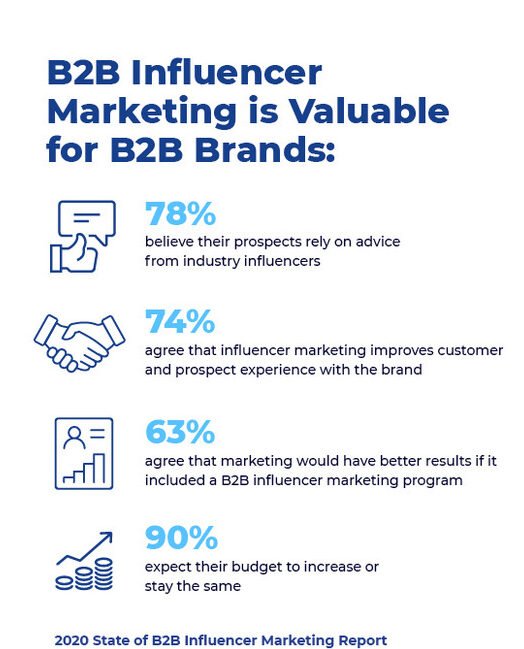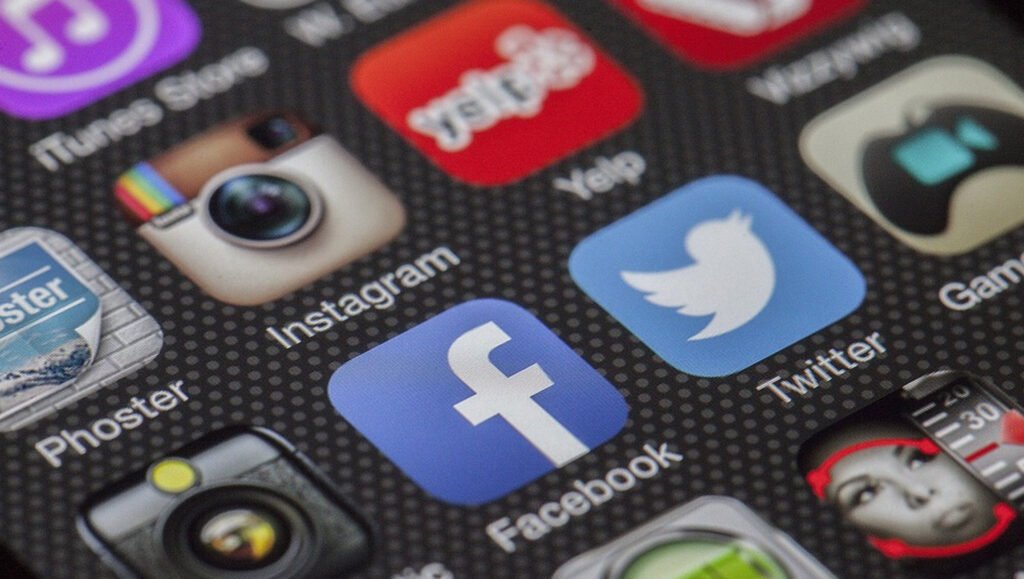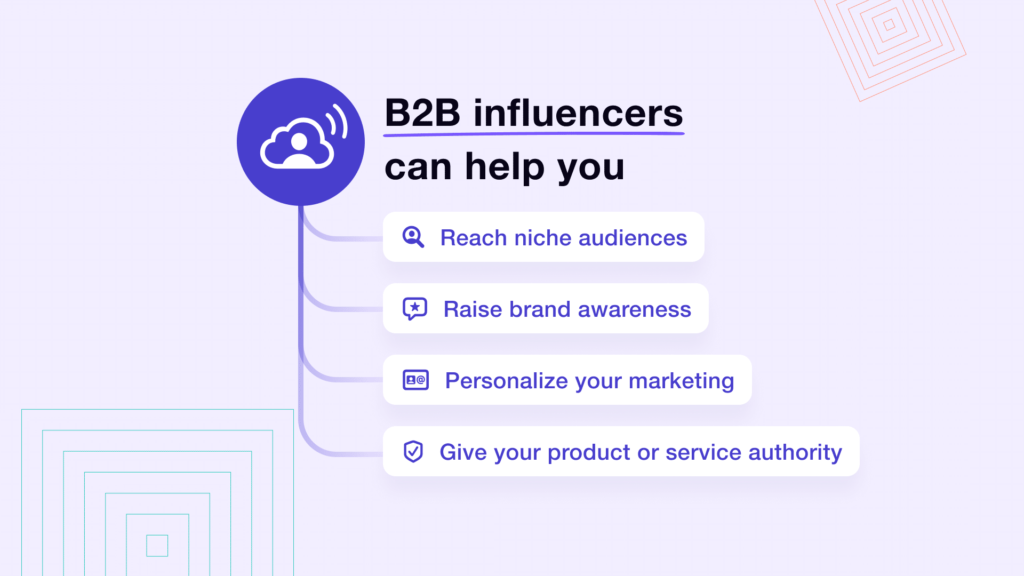Introduction
The landscape of digital marketing is constantly changing. Now, influencer marketing has become a prominent strategy for businesses to connect with their audience. It is mainly thought of as a consumer-focused approach, but, the power of influencers extends well into the B2B realm. We will learn about the role of influencer marketing in the B2B scenario and the importance of tailored strategies for businesses targeting other businesses.
Understanding B2B Influencer Marketing
The main difference between B2B and B2C is that B2C focuses on customers directly which involves emotions, and personal preferences, whereas B2B marketing is data-driven, logical, and expert. So, to succeed in the B2B market, it is essential to build authenticity, credibility, and trust. The selection of influencers in this context is mainly the expertise, or knowledge the influencer has about the industry.
Identifying the Right Influencers for B2B

Choosing the right influencers is the cornerstone of a successful B2B influencer marketing campaign. Criteria such as industry expertise thought leadership, and relevance to the B2B audience should guide the selection process. Unlike B2C influencers, B2B influencers may not have massive follower counts, but their impact lies in the depth of their industry knowledge and influence within specific professional circles.
Crafting Authentic Content for B2B Audiences

Authenticity is second to none in B2B influencer marketing. B2B audiences, consisting of professionals and decision-makers, can quickly discern inauthenticity. Influencers should align their content with the business goals of their B2B partners, providing insights and solutions that serve the business rather than generic promotional material. Tailoring messaging for a professional audience ensures resonance and credibility.
Leveraging LinkedIn and Professional Platforms

LinkedIn emerges as a focal point for B2B influencer marketing. With its professional user base and content-sharing capabilities, LinkedIn provides a platform for influencers to connect with businesses in a meaningful way. However, other professional platforms should not be overlooked, and influencers must adapt their strategies to suit the unique dynamics of each platform.
Building Long-Term Relationships with B2B Influencers
Unlike one-off collaborations common in B2C influencer marketing, B2B influencers often engage in long-term partnerships. Nurturing relationships is key to sustained success. Collaborating on thought leadership initiatives, co-authoring content, and participating in industry events can deepen the influencer-business connection and contribute to a lasting impact.
Challenges and Solutions in B2B Influencer Marketing
B2B Influencer marketing is not all glitters, there are many challenges both the business and the influencers have to face. For example complex decision-making process. To create a successful influencer marketing campaign in the B2B space, it is essential to overcome the difficulties and create content that achieves the goal of the brand.

In conclusion, B2B influencer marketing is a dynamic and powerful strategy when approached with a tailored mindset. By understanding the unique characteristics of the B2B landscape and implementing strategies that prioritize authenticity, credibility, and long-term relationships, businesses can harness the full potential of influencers to reach, engage, and convert their target audience. As the digital landscape continues to evolve, B2B influencer marketing will undoubtedly play a pivotal role in shaping the future of business marketing strategies.
